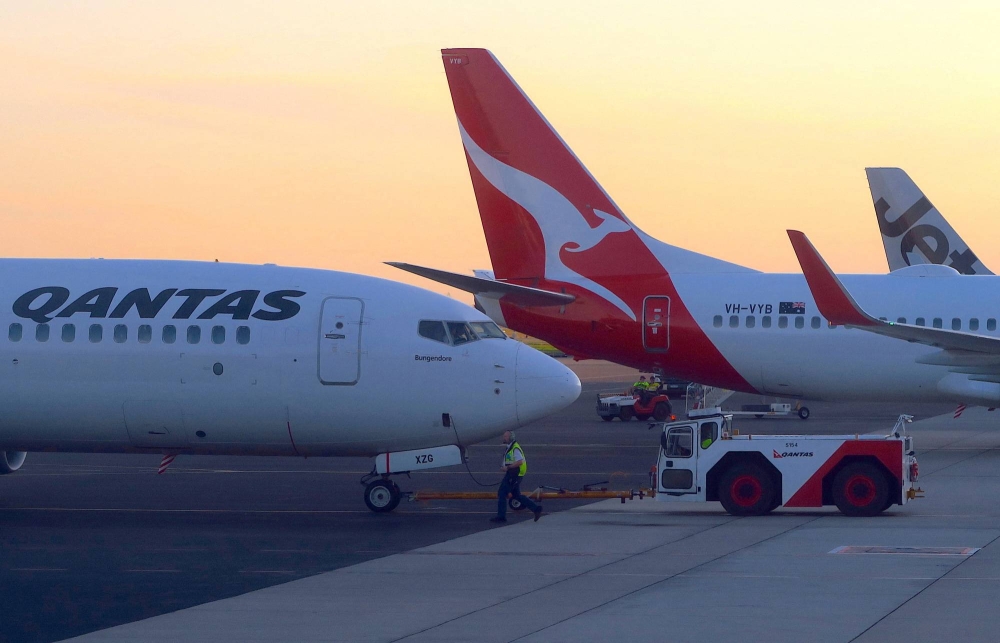Qantas Airways has reached a settlement worth 120 million Australian dollars ($79 million) to resolve a lawsuit related to the sale of tickets for flights that were already canceled, aiming to address a reputational crisis gripping the airline.
As part of the agreement, Qantas will allocate 20 million Australian dollars among over 86,000 affected customers who booked tickets for the so-called “ghost flights.” Additionally, the airline will pay a fine of 100 million Australian dollars instead of pursuing a legal battle it had initially intended to contest, announced Qantas and the Australian Competition and Consumer Commission (ACCC) on Monday.
This fine marks the largest ever imposed on an Australian airline and stands among the highest globally within the sector, although certain Australian banks and casino operators have faced even larger penalties.
Qantas CEO Vanessa Hudson acknowledged the airline’s failure to meet customer expectations, stating, “We recognize Qantas let down customers and fell short of our own standards.” The settlement, she added, will facilitate quicker compensation for affected customers compared to prolonged legal proceedings, pending approval from the Federal Court.
If approved, the settlement will resolve a contentious issue that significantly impacted Qantas’s brand reputation, leading to heightened consumer complaints about flight cancellations.
Following the ACCC’s lawsuit filing last August, Qantas saw a leadership transition with the retirement of its long-serving CEO Alan Joyce, who was succeeded by Vanessa Hudson. The penalty imposed, according to ACCC Chair Gina Cass-Gottlieb, sends a clear message of deterrence to other companies.
However, the settlement payout represents a fraction of Qantas’s projected net profit of 1.47 billion Australian dollars for the fiscal year ending June, as estimated by analysts.
Under the settlement terms, customers who purchased tickets for non-existent domestic flights will receive $225, while those with international bookings will receive $450, in addition to a refund, as confirmed by both the airline and the regulator.
The ACCC lawsuit focused on the aftermath of Australia’s border reopening in 2022 following Covid restrictions, during which flight cancellations and complaints surged globally due to staffing shortages. While Qantas cited industry-wide challenges, the ACCC argued that its actions violated consumer law, including the sale of tickets for canceled flights.
Cass-Gottlieb highlighted that the settlement includes a commitment from Qantas to refrain from repeating such conduct in the future.















































